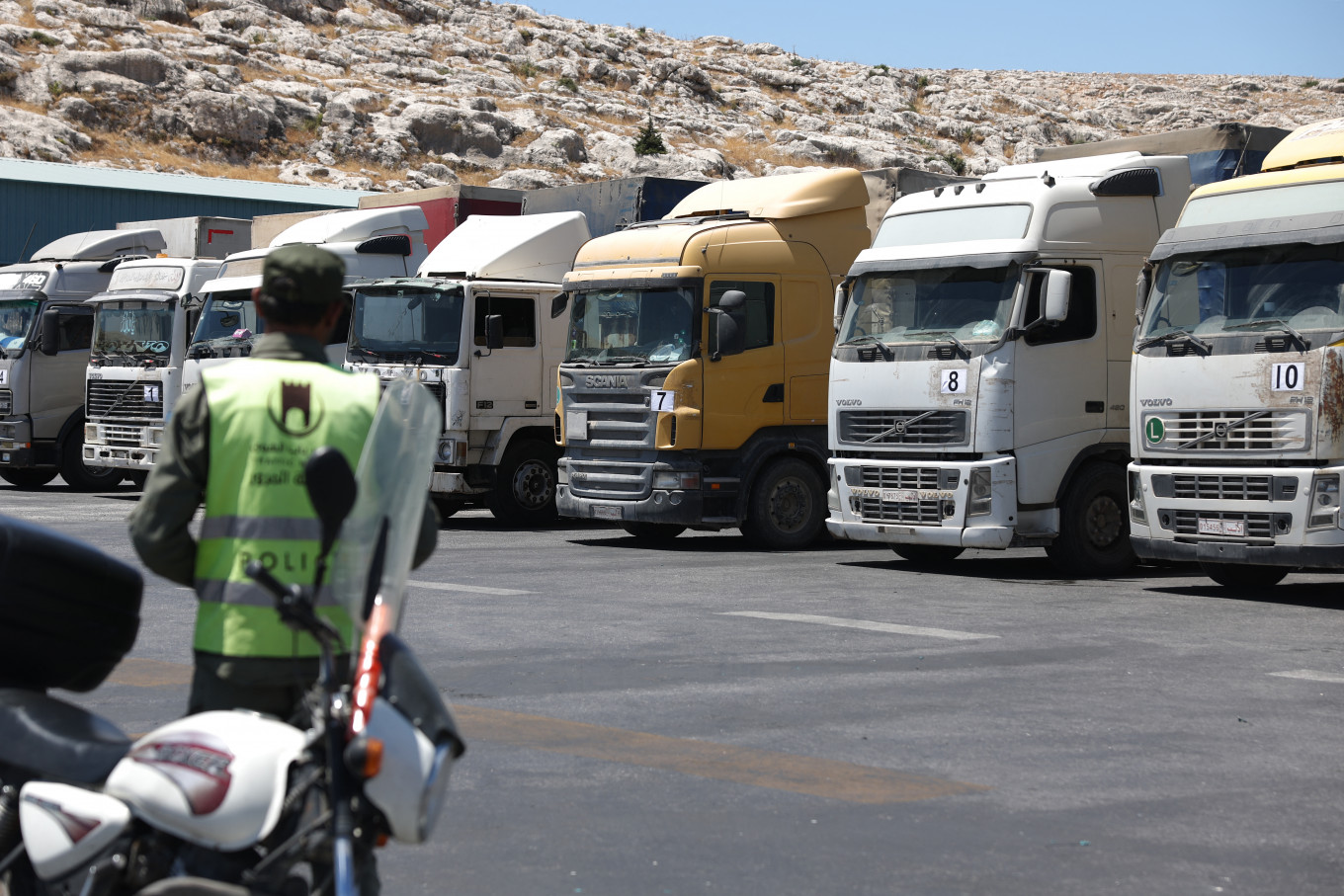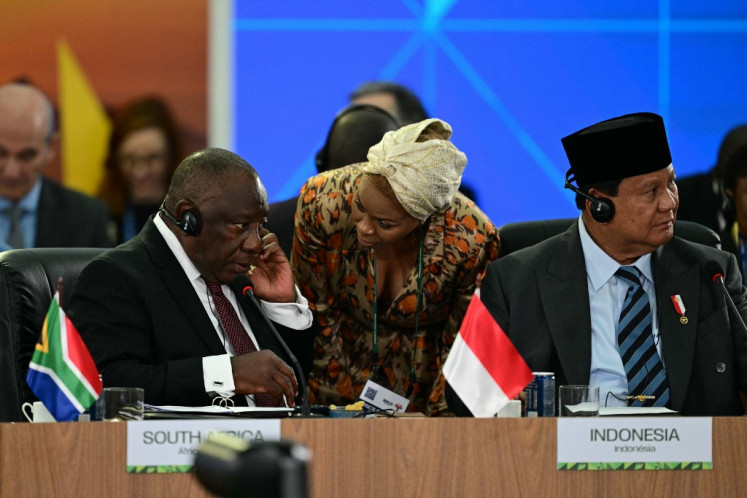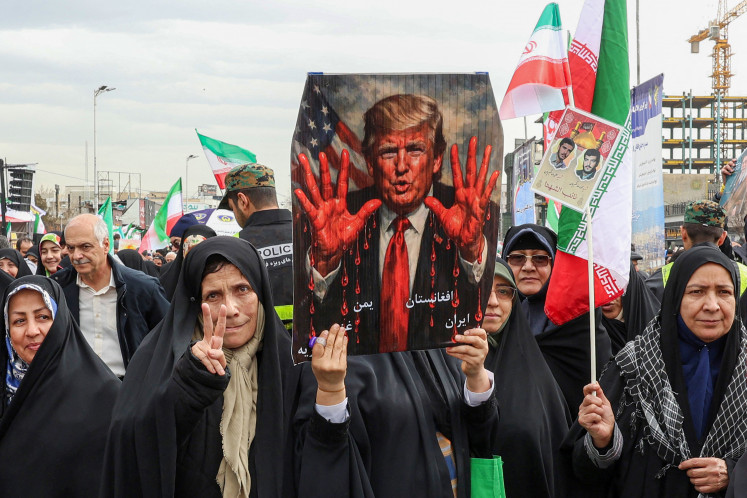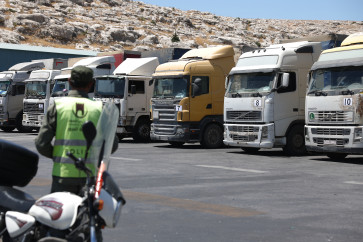Popular Reads
Top Results
Can't find what you're looking for?
View all search resultsPopular Reads
Top Results
Can't find what you're looking for?
View all search resultsEast Asia has a lot to learn from the Syrian crisis
The pressures that East Asian countries face to enter military alliances to combat the rise of China could lead to the repetition of the painful experiences of Iraq, Syria and others.
Change text size
Gift Premium Articles
to Anyone
W
hen crisis broke out in Syria in 2011 following internal conflicts in Tunisia, Egypt and Libya, influential Western media preached about what then-United States Secretary of State Hillary Clinton called the “Arab Spring”.
Thousands of young people were deceived into joining demonstrations that began with legitimate demands but were misleading and seductive and quickly turned into extremist inflammatory campaigns that threatened the societal fabric.
In Syria, the demonstatrions were followed by acts of sabotage that affected hundreds of public institutions and thousands of private properties, such as the dismantling and theft of hundreds of pharmaceutical factories in Aleppo, a sugar factory in Jisr al-Shughur and the Zayzoun power station in the Al-Ghab Plain, and the subsequent transfer of their components to Turkey.
President Bashar al-Assad implemented some comprehensive and rapid political reforms, including the abolition of the state of emergency, the release of all detainees, the abolition of the Supreme State Security Court and even changing the Syrian constitution through a popular referendum, which opened the way for broad political pluralism.
The aim of the reforms was to remove the pretext for those attempting to achieve an Israeli agenda aimed at undermining Syria’s central role in supporting the Palestinian cause and in restoring the occupied Syrian Golan based on hundreds of United Nations resolutions adopted since 1948. These comprehensive reforms also helped debase American claims that the essential issue in Syria is “legitimate political demands of the Syrian people”.
The American administration had claim that it would not interfere in the Syrian crisis, but the subsequent events proved that the US was the mastermind behind the comprehensive destruction of Syrian infrastructure, the proliferation of chaos in the country and many crimes and acts of terrorism.
The political reforms had a major role in exposing Western media falsification, and Syria began to face another grave challenge, with more than 100,000 terrorist “jihadists” flowing into its territory. They formed what is known as the Islamic State in Iraq and Syria (ISIS) and Al-Qaeda, which took the name "Al-Nusra Front" and later "Tahrir Al-Sham", in addition to hundreds of other terrorist organizations under different names.



















